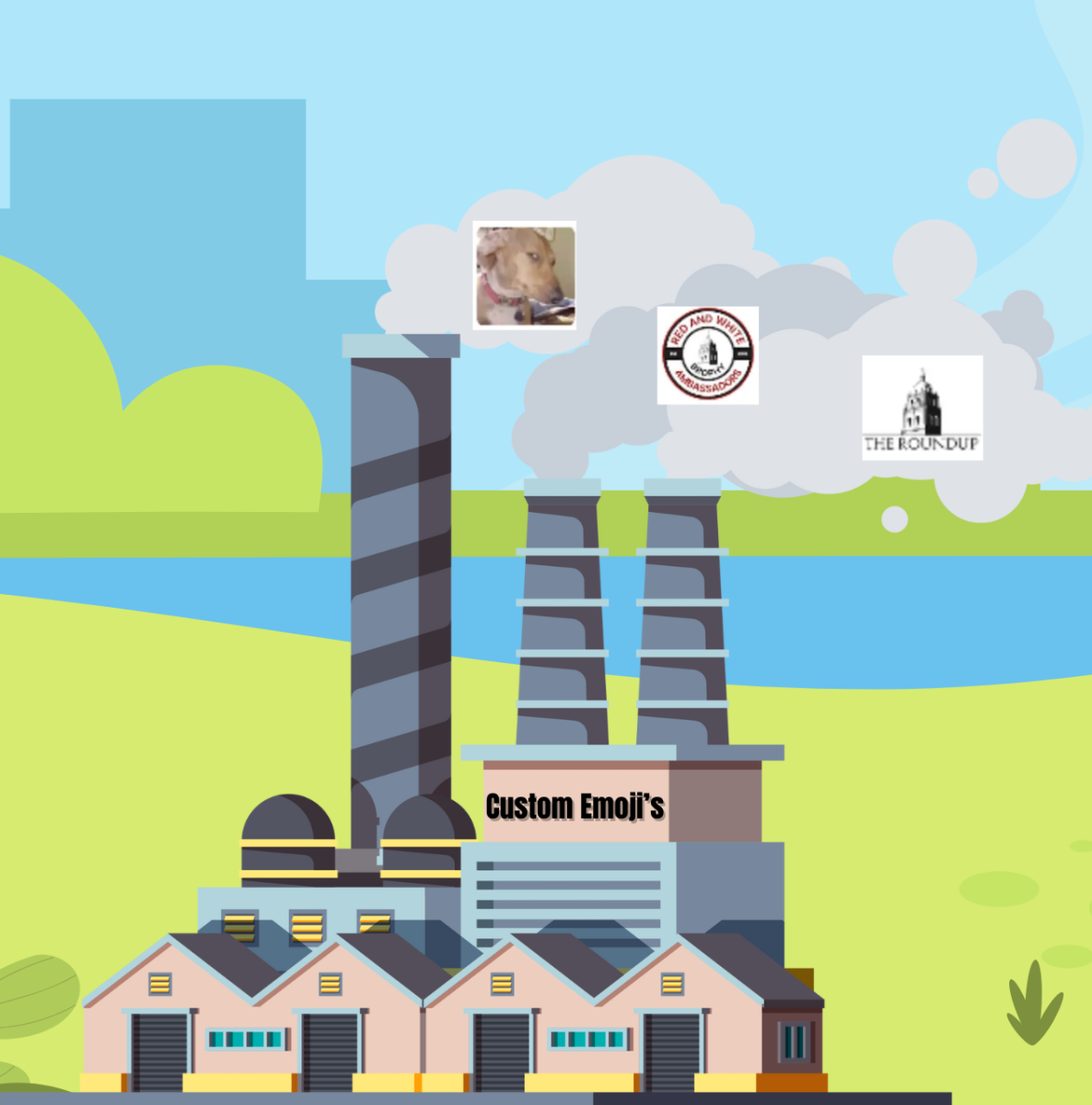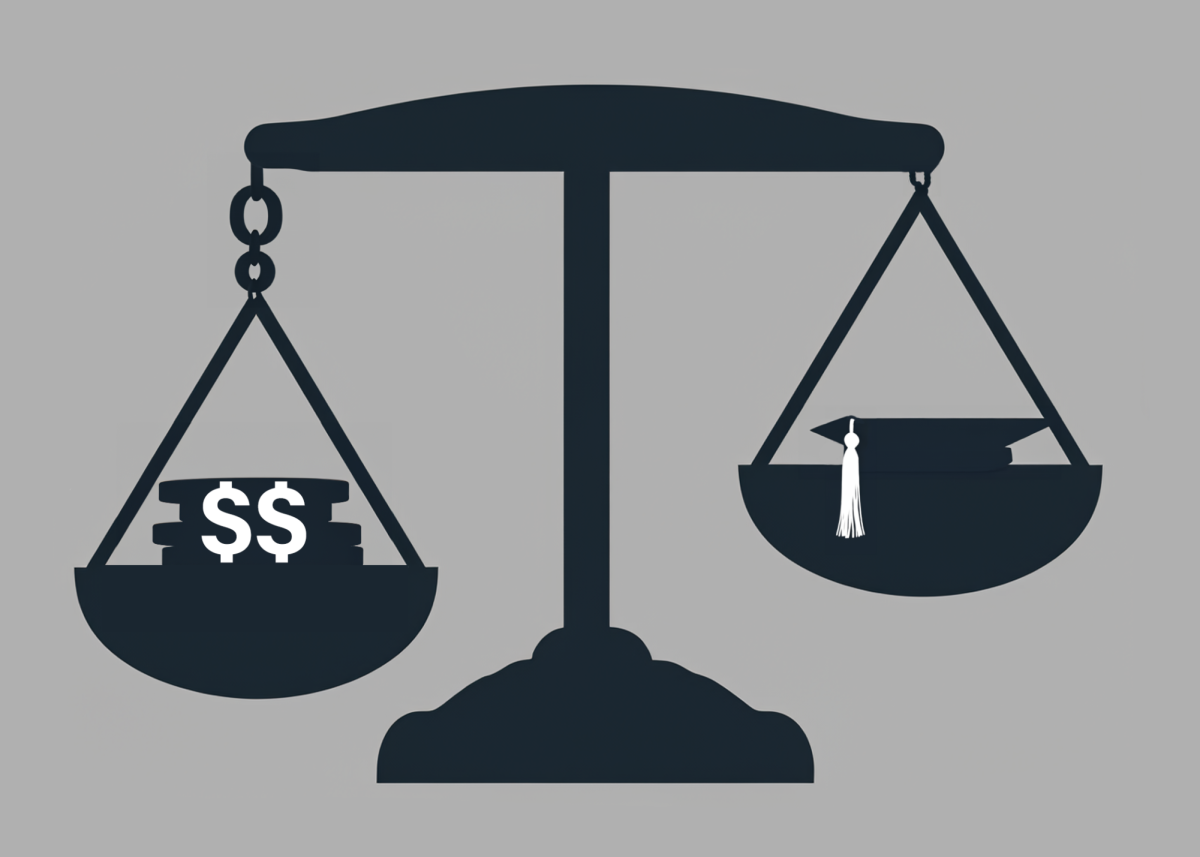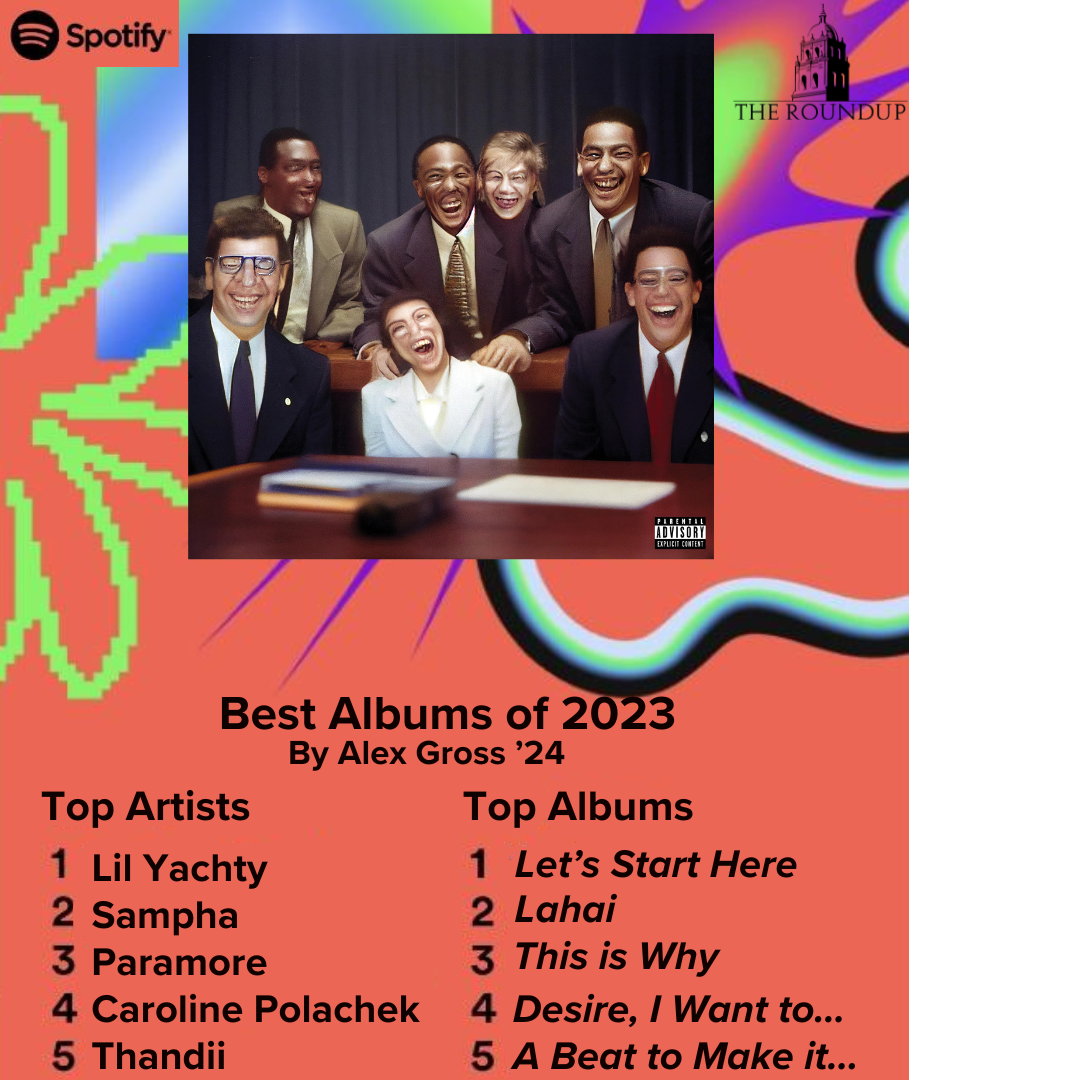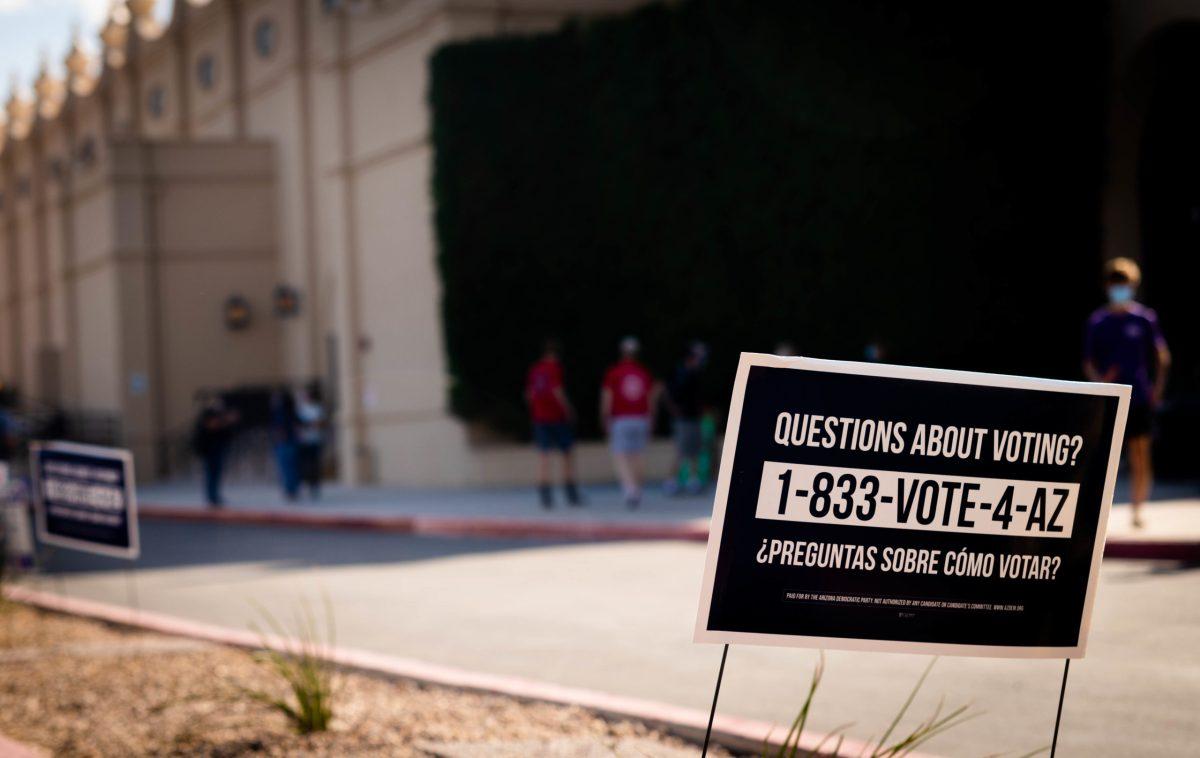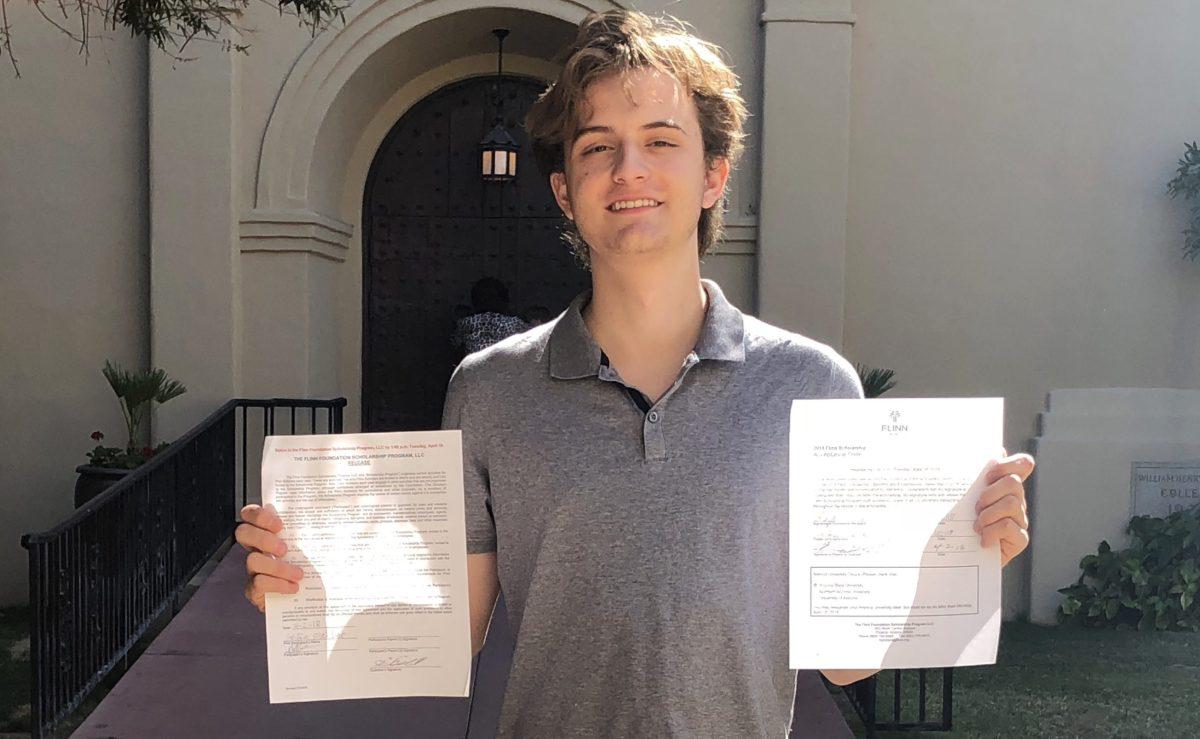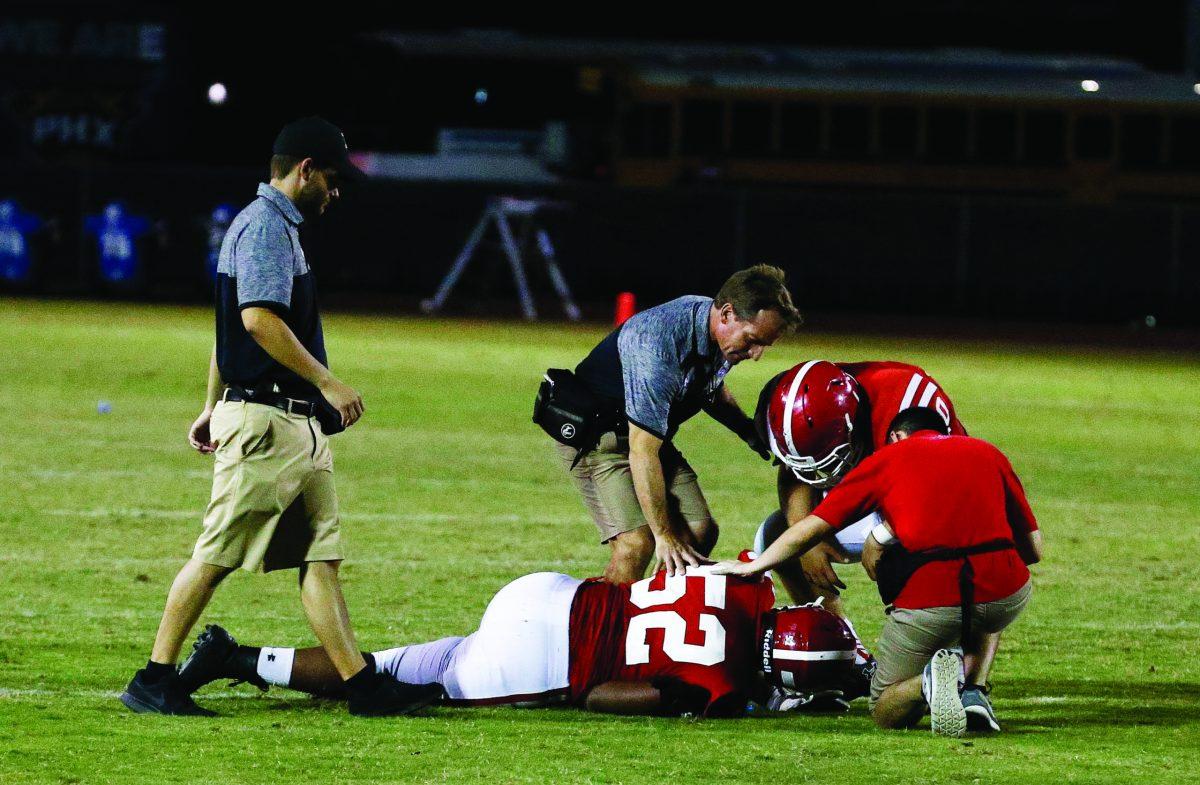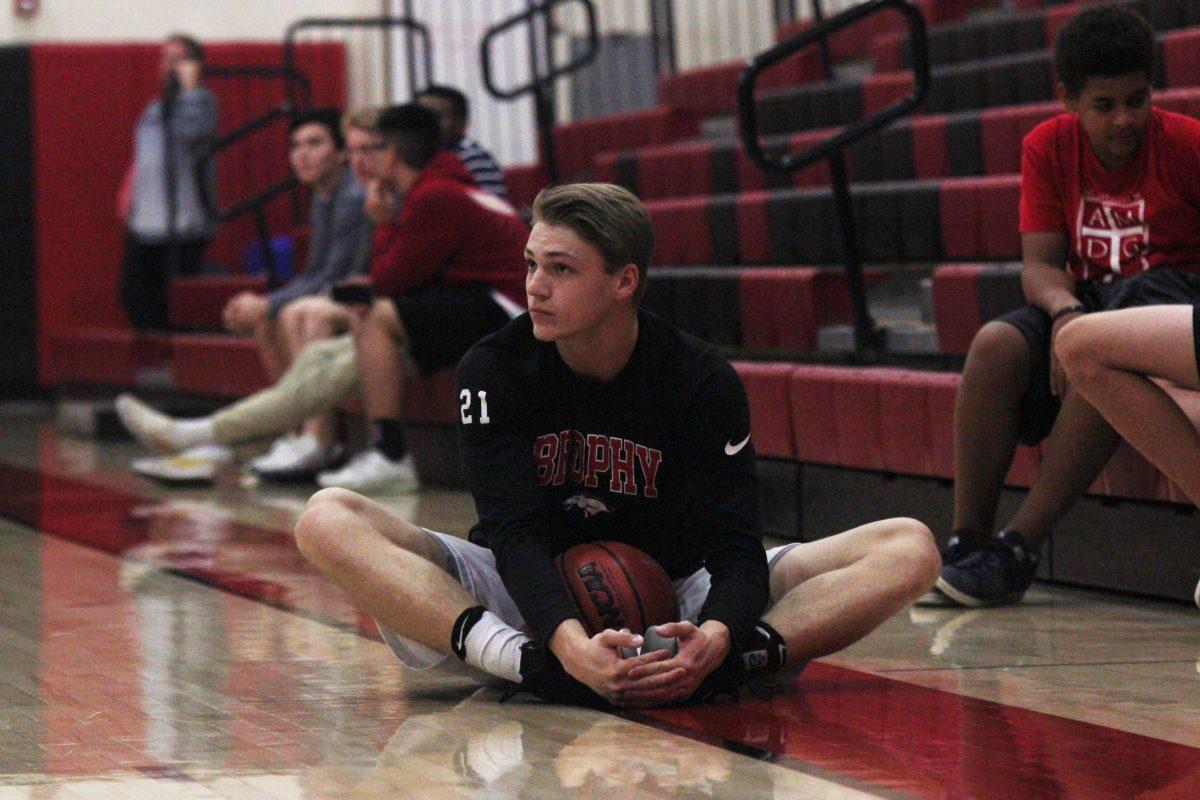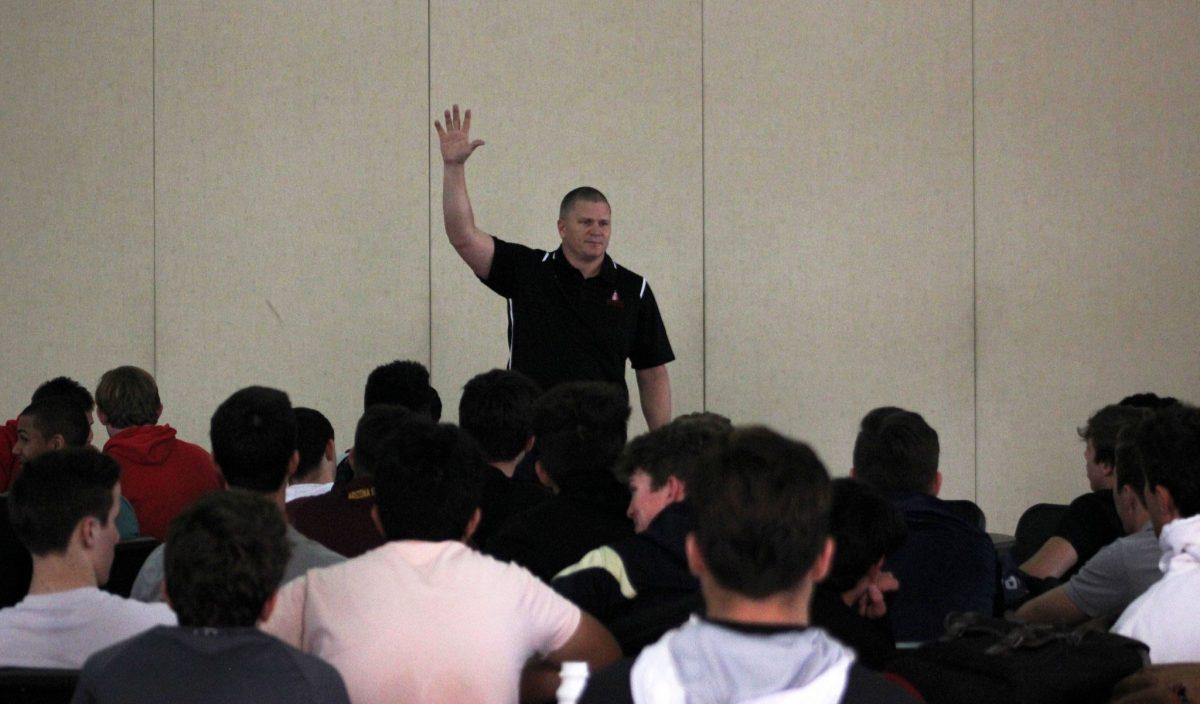Photo by Hunter Franklin ’19 | Noah Self ’18 drinks an energy drink before class on Monday, January 22nd. Students have become more dependent on caffeinated drinks to stay awake at school.
By Kaleb Lucero ’18
THE ROUNDUP
Athletic trainer Mr. Chris White said that energy drinks and caffeinated beverages may cause students to have an increasing dependency with ever-decreasing returns.
“Caffeine is a substance, a drug, that people develop dependency on.” Mr. White said. “So making it widely available and accessible increases the likelihood that young people are going to develop a dependency. There’s just going to be a higher use of it, if they’re readily available.”
Energy drinks have a presence on school campus through vending machines and Michaels, with coffee having been sold on campus through Awaken Coffee in previous years.
Mr. White said that such wide availability increases the chances that students will consume such products, and therefore increases the likelihood of students developing a dependency.
“A cup of coffee has about a hundred milligrams of caffeine,” Mr. White said.
“So, a hundred milligrams, you know, that’s not an extremely high dose of caffeine. Most research says that for most humans, under 300 mg a day doesn’t seem to cause significant health problems,” Mr. White said.
“Caffeine is a substance, a drug, that people develop dependency on.” he said. “So making it widely available and accessible increases the likelihood that young people are going to develop a dependency. There’s just going to be a higher use of it, if they’re readily available.
Max Farmer ’19 said that he used to drink energy drinks on the weekends, but has recently stopped due to concerns over the health effects.
“It’s a lot of sugar. I’m pretty sure one can is 40 grams, and you only need like 23 a day, so I figured it wasn’t a super healthy thing, plus the caffeine,” he said. “ I’m pretty sure caffeine becomes addicting if you have too much, so I was thinking that was probably not a healthy thing to do.”
Though Farmer has purchased KickStart on campus for a track meet, he said that he has never used an energy drink to stay awake at school.
“I usually just push through,” he said.
As for when he did consume caffeinated drinks, Farmer said he did it “just for the taste and to get more energy.”
“I usually had them at night before I went out, or if I went to a football or a basketball game or something, just so I could have a lot of energy, a lot of hype,” Farmer said.
Jonathan Zazueta-Silvain ’19 said that he sometimes drinks coffee in the morning or at night for late studying.
“I feel like it makes me focus more,” he said. “More focus, that’s really the main thing.”
Mr. White acknowledged that caffeine can have positive effects for alertness and the nervous system.
“In a positive way, caffeine can enhance cognitive function,” he said. “It’s a stimulant, it stimulates the nervous system. It improves cognition, it makes you more alert, more awake, and that’s why people are attracted to it. It can be positive.”
“It can also liberate fatty acids. Fatty acids, you can use more for energy, and athletes use it to get more energy,” Mr. White said.
However, Mr. White said that there are some things to be aware of when consuming caffeine.
“The thing I’m most concerned is, it’s a stimulant. The brain gets used to that stimulation effect, and if you go without using that substance for a while, your cognition declines below your baseline,” he said.
“So instead of just going back to your normal cognitive function, you’re going to drop below that, and that’s why people are so dependent on it. Just to get back to normal brain function, they need to take a substance,” Mr. White said.
“Another thing students ought to know is that your brain gets used to whatever you put into it. So if you’re used to studying caffeinated, your brain, that’s how it has to learn,” Mr. White said.
“You’re creating a dependency on that,” he said. “And do you want to be enslaved to a substance? Do you want a substance controlling you?”
Mr. White also said that because of caffeine’s stimulant effect, it can potentially cause cardiac irregularity and arrhythmia.
“For students, I think another thing to be really aware of is that caffeine has a half life of about six hours,” Mr. White said. “So that means if you drink it, half of it will be metabolized in six hours.”
“If you drink caffeine in the afternoon or at night to study, it’s going to affect your sleep. Even if you think you’re getting good sleep, it’s going to disrupt normal sleep patterns,” he said.
He said that sleep is what helps you recover and learn, and that caffeine, while temporarily boosting alertness and cognitive function, may cause a lack of healthy sleep.
“So if people are looking to get more energy to function better at school, sleep is vital to learning and recovery and [caffeine] is going to disrupt sleep patterns, especially if its taken in the afternoon,” he said.
With a lack of restful sleep, Mr. White said that students might go back for more caffeine.
“So it becomes cyclic,” he said.
“So i think just understanding the physiology of it, that’s very important before someone makes the decision to take it,” Mr. White said.
However, when asked about the concerns over dependency and health effects, Zazueta-Silvain said, “I never gave a second thought to it.”
While Farmer said that health effects were a factor in him no longer drinking energy drinks, he did say that he thinks most students are apathetic to those concerns.
“I don’t think a lot of kids are that worried about it,” Farmer said. “They kind of just drink it like its water, from what I see, which is a problem.”
He also said that students are more likely to drink these products during certain times in the year.
“Depending on the time of year, if it’s like finals or something, I definitely see more kids with energy drinks, or understand why they’d want them more. You’ve got to stay up late . . . they want to stay awake,” Farmer said.
“You see kids, it’s like eight in the morning before class starts and they grab two Kickstarts. I’m like, ‘what are you doing?’” Farmer said.

